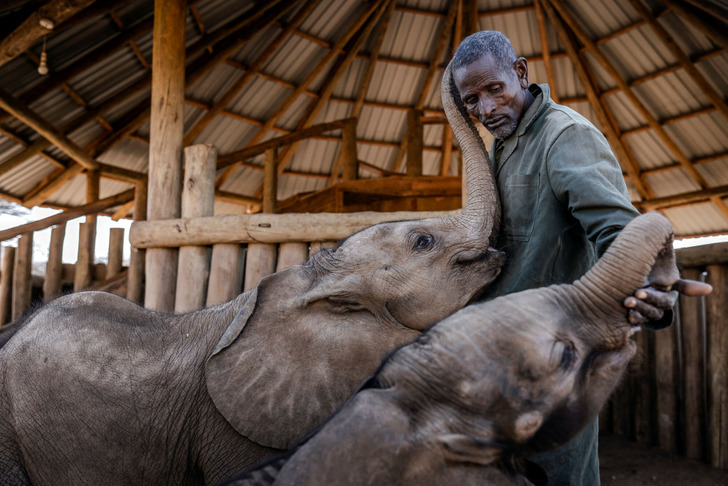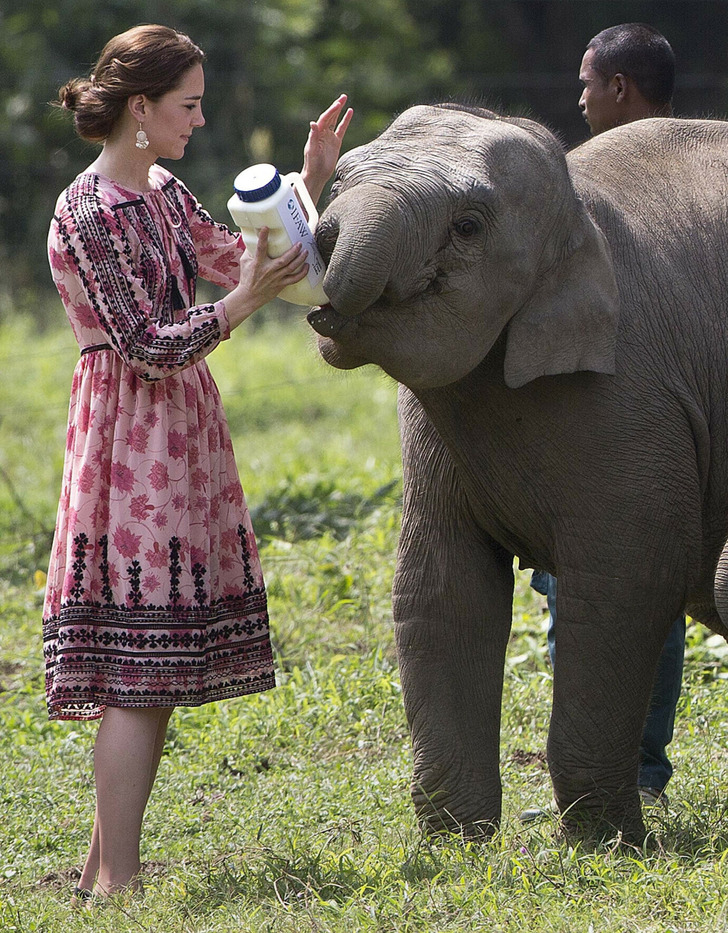15 Stories About a Little Lie That Spiraled Into a Major Issue

Elephants are highly intelligent and emotionally complex animals that hold a special place in many cultures. They are a major draw for tourism, providing funding for conservation efforts and helping to protect wild habitats. But it turns out, that’s not all! Read the article to see what we mean.
Protecting the elephant population is essential for both the ecosystem and the survival of the species since they are natural eco-warriors that trap carbon. Yes, you read that right. For a long time, the ability of elephants to offset carbon emissions was disregarded as a weapon in our armory against climate catastrophe. However, recent studies have revealed the critical role that African elephants play in maintaining healthy forest ecosystems.

It explains that elephants play an important role in carbon sequestration, or the process of removing carbon dioxide from the atmosphere and storing it in the ground or with living organisms. However, their numbers have decreased by almost 80% in the previous 30 years, meaning we may soon lose this important environmental stabilizer.
Elephants have a selective foraging behavior, choosing smaller plants and trees as their food source. These small plants do not store much carbon, they grow quickly and compete for resources but actually do little in the way of storing carbon.

Elephants efficiently thin the forest in the same way human foresters do by choosing to eat the smaller plants and trees that don’t contribute much to the environment while competing with more ecologically friendly species, favoring the growth of some plants and trees over others. The highest carbon-storing trees flourish, which is excellent news for everyone!
Elephants are also the forest’s gardeners because they forage for fruits, which their digestive systems transform into seeds and fertilizer as they walk about. This nutrient-rich mixture travels across the forest in their stomachs before being released as excrement that has gone far from the parent trees. Further adding to the usefulness of forest environments as carbon storage is the transformation of that excrement into some of the largest tree species in the forest.











